

Como en casi todas las páginas de Internet, nuestra página de Internet utiliza cookies para ayudar a brindarle a usted la mejor experiencia posible. Las cookies son archivos pequeños de texto que se bajan a su computadora o aparato móvil cuando usted visita páginas de Internet. APRENDA MÁS >
Como en casi todas las páginas de Internet, nuestra página de Internet utiliza cookies para ayudar a brindarle a usted la mejor experiencia posible. Las cookies son archivos pequeños de texto que se bajan a su computadora o aparato móvil cuando usted visita páginas de Internet.
Las cookies nos ayudan a:
- Hacer que nuestra página de Internet funcione como debe.
- Darle un mensaje que nosotros pensamos que es más importante para usted.
Nosotros no utilizamos las cookies para:
- Obtener cualquier tipo de información que lo pueda identificar personalmente.
- Obtener cualquier información sensible.
- Compartir con terceros información que lo identifique a usted.
Usted puede conocer más sobre todas las cookies y la información que obtenemos leyendo nuestra Póliza de Privacidad. Si no quiere usar cookies, usted puede salirse de la página de Internet, o cambiar la configuración de su navegador (en inglés).



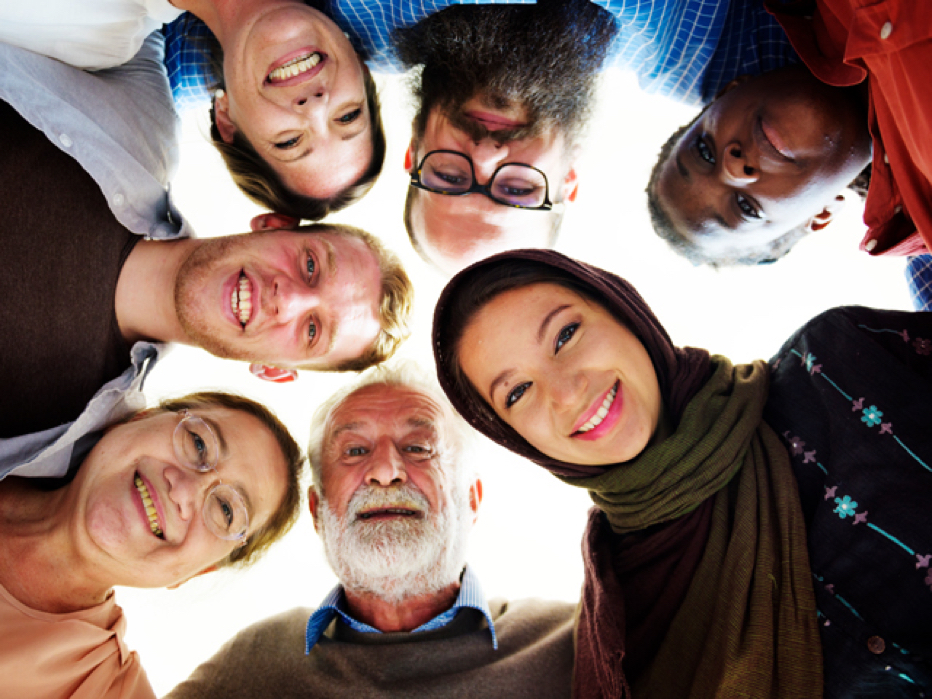
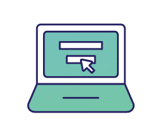
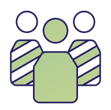
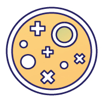

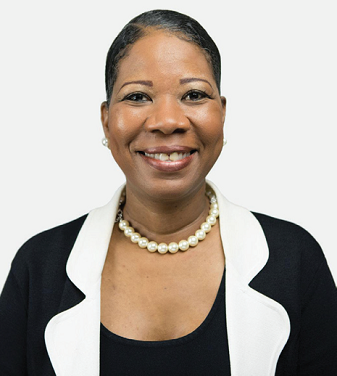
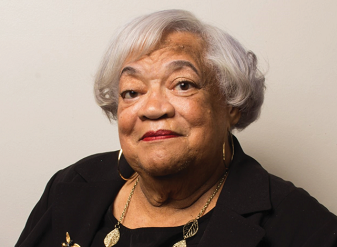

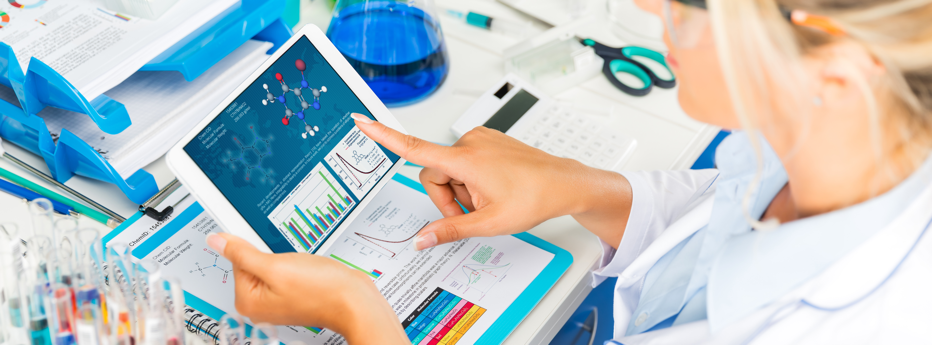
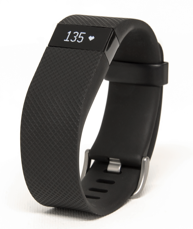 Participants with Fitbits can link their Fitbit and All of Us accounts to share their data. Other trackers and devices will be added in the future. Log into your account to access this new feature.
Participants with Fitbits can link their Fitbit and All of Us accounts to share their data. Other trackers and devices will be added in the future. Log into your account to access this new feature.